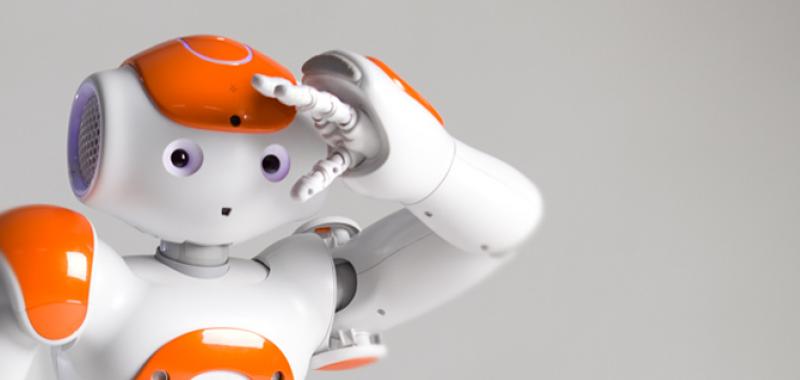What impact will artificial intelligence have on human behaviour?
This is the object of study of the project HUMAINT whose leadership the European Commission has entrusted to Emilia Gómez, ICREA Acadèmia professor with the Department of Information and Communication Technologies, and member of the Music Technology Research Group.
 This is the object of study of the project HUMAINT whose leadership the European Commission has entrusted to Emilia Gómez, ICREA Acadèmia professor with the Department of Information and Communication Technologies (DTIC), and member of the Music Technology Research Group (MTG).
This is the object of study of the project HUMAINT whose leadership the European Commission has entrusted to Emilia Gómez, ICREA Acadèmia professor with the Department of Information and Communication Technologies (DTIC), and member of the Music Technology Research Group (MTG).
HUmainty vs MAchine INTelligence (HUMAINT) is an interdisciplinary research project, with an expected duration of three years, that will take place at the Seville headquarters of the Joint Research Centre (JRC) of the European Commission.
The main aims of the project are to provide a scientific understanding of artificial intelligence towards human intelligence; to analyse the influence of the algorithms of machine learning in human behaviour (cognitive and decision-making abilities), and to investigate the extent to which the results obtained should influence the European regulatory framework.
HUMAINT will combine methods from different disciplines (cognitive sciences, social sciences and artificial intelligence) and will involve a team of researchers and a number of external collaborators, since one of the goals of the project is to build a network of experts around these research problems.
Given Emilia Gómez’s prior experience in the field of music technology, the project will initially be related to applications for listening to and creating music.
The project will begin in January 2018 and will take place in collaboration with the DTIC, exploring research synergies with its researchers and, in particular, with the María de Maeztu strategic programme in data-drive knowledge extraction.
Tomorrow there will be an initial presentation of the project on the Poblenou campus with the attendance of the researchers Emilia Gómez, Vladimir Estivill, Carlos Castillo and Xavier Serra. It will deal with the relationship between technological development and human behaviour.
The JRC, a network to improve EU policies
The Joint Research Centre, with six headquarters in five member states (Italy, Belgium, Germany, the Netherlands and Spain), is the European Commission’s science and knowledge service responsible for providing independent scientific advice to European Union policies. The JRC set up the Centre for Advanced Studies (CAS) with the aim of improving the capabilities of the JRC to meet the emerging challenges within the science-policy interface and seek solutions to complex issues that require a transdisciplinary approach.


